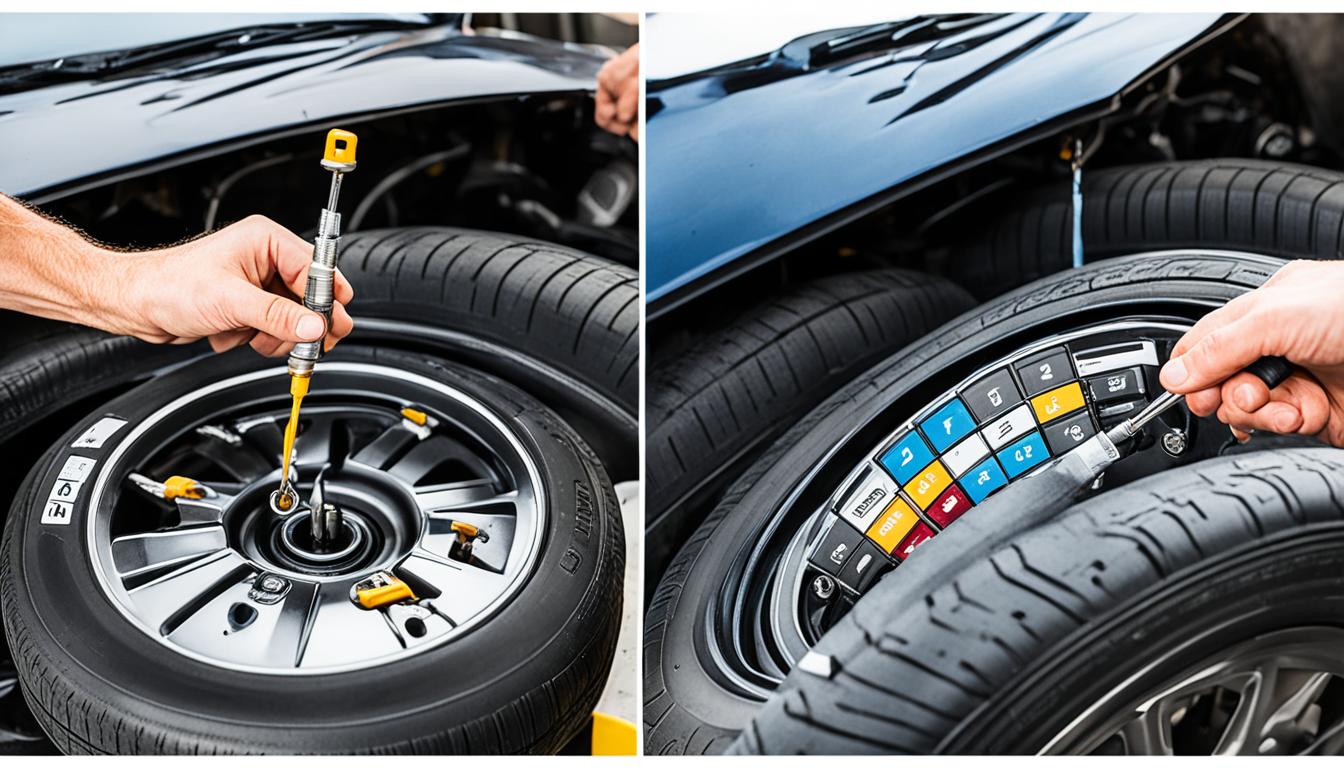All Categories
Featured
Exactly How Vehicle Repair Work Shops Take Care Of Complex Car Systems
Modern vehicles are technological wonders, loaded with innovative systems that enhance comfort, safety and security, and efficiency. From sophisticated infomercial devices to detailed engine monitoring systems, today's automobiles require specific understanding and devices to identify and fix. Automobile service center have climbed to the challenge by taking on innovative approaches and investing in resources that enable them to deal with these intricacies with accuracy.Specialized Educating for Service Technicians. Service technicians are the foundation of any type of vehicle fixing store, and their know-how is important when dealing with innovative car systems. In addition, training workshops concentrate on identifying electric problems, configuring vehicle control modules, and comprehending hybrid and electrical vehicle systems.

Cutting-Edge Diagnostic Devices. Modern vehicles include numerous sensors and computers that monitor performance and sharp drivers to problems through control panel warning lights. Repair shops use diagnostic scanners capable of reading these mistake codes and identifying the specific resource of the issue.
Collaboration with Suppliers. Service centers often companion with automakers to guarantee they have accessibility to exclusive repair work details and software program updates. These partnerships enable service technicians to execute repair work that fulfill supplier standards and maintain warranty compliance. Some shops likewise take part in programs that give them with OEM (Initial Equipment Producer) tools and components specifically created for complicated systems.
Dedicated Offices for Advanced Fixes. Dealing with intricate car systems typically needs a clean, orderly environment geared up with innovative technology. Lots of repair service stores have actually committed work areas for tasks such as rectifying advanced driver-assistance systems (ADAS), that include attributes like flexible cruise control and lane-keeping help. These systems call for accurate positioning, often making use of laser-guided calibration tools and 3D imaging modern technology to ensure they function appropriately.

Remaining Ahead with Continuous Discovering. As car innovation advances, service center have to adapt to remain relevant. Crossbreed and electrical vehicles, for example, have presented entirely brand-new systems, such as high-voltage batteries and regenerative stopping. Forward-thinking stores actively go after training in these areas and purchase the necessary tools to service such cars safely and efficiently.
Consumer Education And Learning and Openness. Repair shops that take care of complex systems prioritize enlightening their clients about the repair services required. Comprehensive descriptions, backed by aesthetic aids and analysis reports, help consumers recognize the work being executed. This transparency builds trust fund and makes certain that automobile owners feel great in the services supplied.

Final thought. Automobile fixing shops have come a long means in attending to the obstacles postured by intricate car systems. By integrating competent technicians, advanced diagnostic devices, and calculated partnerships, they can supply high-grade service that fulfills the demands of modern automobiles. For cars and truck proprietors, choosing a repair shop that buys these abilities is vital to maintaining their automobiles running efficiently and effectively.
Latest Posts
Don’t Miss Special Auto Repair Specials in Chicago at Montclare Auto Repair
Published May 25, 25
1 min read
Safeguard Your Investment with Professional Gutter Installment
Published May 22, 25
1 min read
Discover the Storied Past of Deauville Inn: From Speakeasy to Seafood Haven
Published May 20, 25
2 min read
More
Latest Posts
Don’t Miss Special Auto Repair Specials in Chicago at Montclare Auto Repair
Published May 25, 25
1 min read
Safeguard Your Investment with Professional Gutter Installment
Published May 22, 25
1 min read
Discover the Storied Past of Deauville Inn: From Speakeasy to Seafood Haven
Published May 20, 25
2 min read